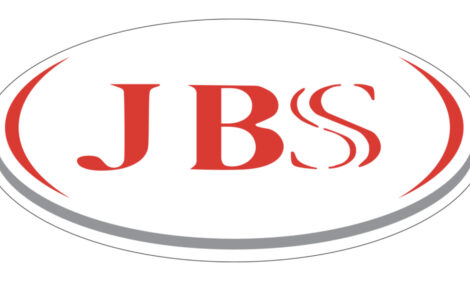



Japan to Take Further Steps to Relax U.S. Beef Curbs
US - Japan, once the largest buyer of U.S. beef, will take further steps to relax curbs on American imports of the commodity first imposed in 2003 after the discovery of mad-cow disease in Washington State, a government official said.Suppliers such as Tyson Foods Inc., the world's biggest meat processor, and Cargill Inc., would benefit from greater access to the Japanese market, while the move may hurt rival exporters such as Australia. A year ago Japan replaced a ban on U.S. beef with a rule limiting imports to meat from animals aged 20 months or younger.
``U.S. beef supplies are very tight,'' said Yasunori Yoshimura, a spokesman for fast-food chain Yoshinoya D&C Co., based in Tokyo. ``If the government raises the limit to 30 months, we'll probably have no major problems.''
Live cattle futures in Chicago dropped 19 percent in five trading days in December 2003 after the U.S. reported its first case of mad cow disease and importers, including Japan, halted purchases. The most-active contract gained 8.2 percent this year, closing at a three-week high of 97.825 cents a pound on Aug. 24.
South Korea, once the third-largest buyer of U.S. beef, said on Aug. 24 it will drop a ban on imports after blocking market access at the start of the month. The government will restart inspection checks from Aug. 27, the Ministry of Agriculture and Forestry said in an e-mailed statement.
Japan Imports
Japan's imports of U.S. beef totaled 27,000 metric tons by Aug. 2, according to the Ministry of Health, Labour and Welfare. Imports were 298,517 tons valued at $1.17 billion in calendar 2003, according to the U.S. Meat Export Federation Web site.The World Organization for Animal Health, also known as OIE, voted in May to give the U.S. its ``controlled-risk'' rating for mad-cow disease. The designation means controls are effective and meat from U.S. cattle of any age can be safely traded.
Source: Bloomberg


